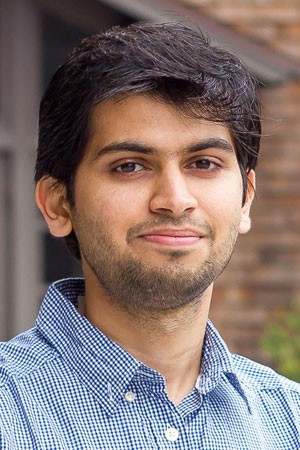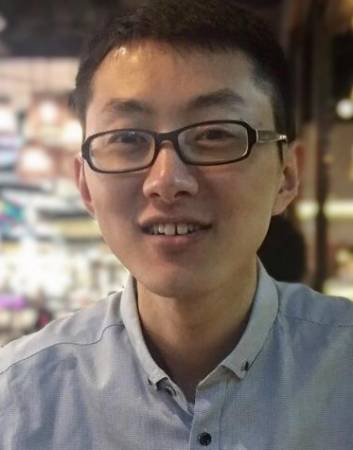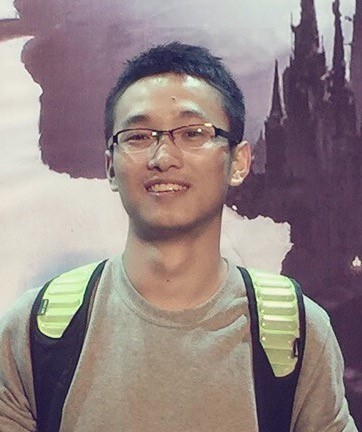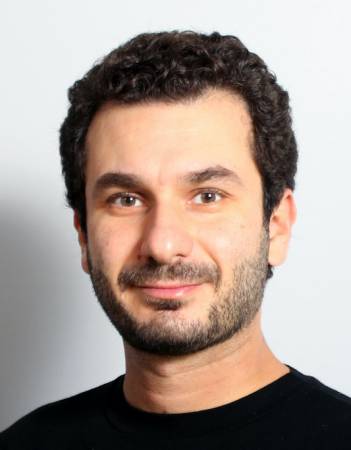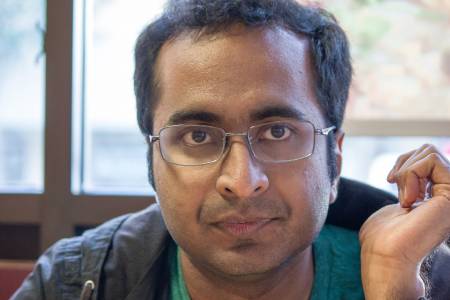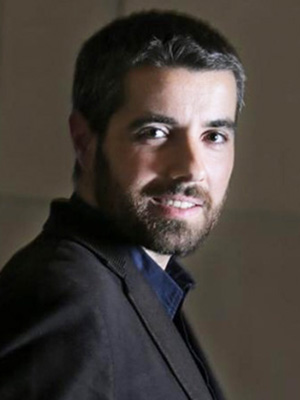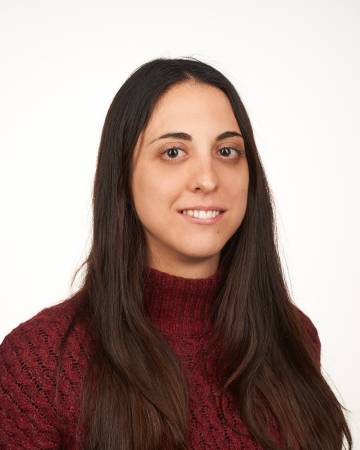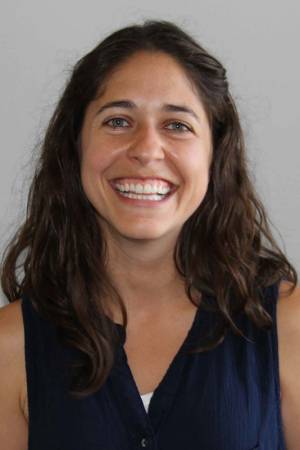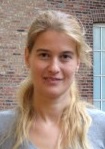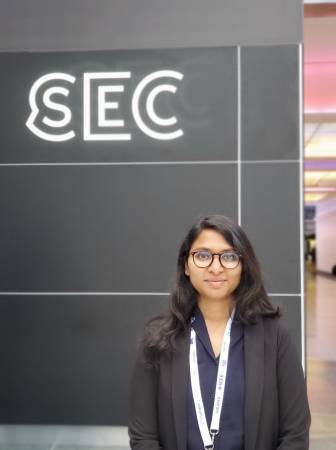Seminar
Data Scalability for Robot Learning
Abstract: Recent progress in robot learning has demonstrated how robots can acquire complex manipulation skills from perceptual inputs through trial and error, particularly with the use of deep neural networks. Despite these successes, the generalization and versatility of robots across environment conditions, tasks, and objects remains a major challenge. And, unfortunately, our existing algorithms and [...]
Carnegie Mellon University
Learning to Generalize beyond Training
Abstract: Generalization, i.e., the ability to adapt to novel scenarios, is the hallmark of human intelligence. While we have systems that excel at cleaning floors, playing complex games, and occasionally beating humans, they are incredibly specific in that they only perform the tasks they are trained for and are miserable at generalization. One of the [...]
Detecting Image Synthesis — Shallow and Deep
Abstract: The proliferation of synthetic media are subject to malicious usages such as disinformation campaigns, posing potential threats to media integrity and democracy. A way to combat this is developing forensics algorithms to identify manipulated media. In the beginning of the talk, I will discuss how one can train a model to detect photos manipulated [...]
Deep Learning to Distinguish Recalled but Benign Mammography Images in Breast Cancer Screening
Abstract: Breast cancer screening using the standard mammography exam currently exhibits a high false recall rate (11.6% for women in the U.S.). Only a low proportion (0.5%) of women who were recalled for additional workup were actually found to have breast cancer. As a result of the unnecessary stress and follow-up work from these false [...]
The Plenoptic Camera
Abstract: Imagine a futuristic version of Google Street View that could dial up any possible place in the world, at any possible time. Effectively, such a service would be a recording of the plenoptic function—the hypothetical function described by Adelson and Bergen that captures all light rays passing through space at all times. While the plenoptic function [...]
Photorealistic Reconstruction of Landmarks and People using Implicit Scene Representation
Abstract: Reconstructing scenes to synthesize novel views is a long standing problem in Computer Vision and Graphics. Recently, implicit scene representations have shown novel view synthesis results of unprecedented quality, like the ones of Neural Radiance Fields (NeRF), which use the weights of a multi-layer perceptron to model the volumetric density and color of a [...]
Towards Discriminative and Domain-Invariant Feature Learning
Abstract: Deep neural networks have achieved great success in various visual applications, when trained with large amounts of labeled in-domain data. However, the networks usually suffer from a heavy performance drop on the data whose distribution is quite different from the training one. Domain adaptation methods aim to deal with such performance gap caused by [...]
Learning Efficient Visual Representation on Model, Data, Label and Beyond
Abstract: Efficient deep learning is a broad concept that we aim to learn compressed deep models and develop training algorithms to improve the efficiency of model representations, data and label utilization, etc. In recent years, deep neural networks have been recognized as one of the most effective techniques for many learning tasks, also, in the [...]
Self-supervised Learning and Generalization
Abstract: Contrastive self-supervised learning is a highly effective way of learning representations that are useful for, i.e. generalise, to a wide range of downstream vision tasks and datasets. In the first part of the talk, I will present MoCHi, our recently published contrastive self-supervised learning approach (NeurIPS 2020) that is able to learn transferable representations [...]
Enabling Robots to Cooperate & Compete: Distributed Optimization & Game Theoretic Methods for Multiple Interacting Robots
Abstract: For robots to effectively operate in our world, they must master the skills of dynamic interaction. Autonomous cars must safely negotiate their trajectories with other vehicles and pedestrians as they drive to their destinations. UAVs must avoid collisions with other aircraft, as well as dynamic obstacles on the ground. Disaster response robots must coordinate [...]
Learning to see from few labels
Abstract: Computer vision systems today exhibit a rich and accurate understanding of the visual world, but increasingly rely on learning on large labeled datasets to do so. This reliance on large labeled datasets is a problem especially when one considers difficult perception tasks, or novel domains where annotations might require effort or expertise. We thus [...]
The Role of Manipulation Primitives in Building Dexterous Robotic Systems
Abstract: I will start this talk by illustrating four different perspectives that we as a community have embraced to study robotic manipulation: 1) controlling a simplified model of the mechanics of interaction with an object; 2) using haptic feedback such as force or tactile to control the interaction with an environment; 3) planning sequences or [...]
Seeing the unseen: inferring unobserved information from multi-modal data
Abstract: As humans we can never fully observe the world around us and yet we are able to build remarkably useful models of it from our limited sensory data. Machine learning problems are often required to operate in a similar setup, that is the one of inferring unobserved information from the observed one. Partial observations [...]
Design and Analysis of Open-Source Educational Haptic Devices
Abstract: The sense of touch (haptics) is an active perceptual system used from our earliest days to discover the world around us. However, formal education is not designed to take advantage of this sensory modality. As a result, very little is known about the effects of using haptics in K-12 and higher education or the [...]
Towards AI for 3D Content Creation
Abstract: 3D content is key in several domains such as architecture, film, gaming, and robotics. However, creating 3D content can be very time consuming -- the artists need to sculpt high quality 3d assets, compose them into large worlds, and bring these worlds to life by writing behaviour models that "drives" the characters around in [...]
Move over, MSE! – New probabilistic models of motion
Abstract: Data-driven character animation holds great promise for games, film, virtual avatars and social robots. A "virtual AI actor" that moves in response to intuitive, high-level input could turn 3D animators into directors, instead of requiring them to laboriously pose the character for each frame of animation, as is the case today. However, the high [...]
Understanding the Placenta: Towards an Objective Pregnancy Screening
Abstract: My research focusses on the development of a pregnancy screening tool, that will be: (i) system and user-independent; and (ii) provides a quantifi able measure of placental health. With this end, I am working towards the design of a multiparametric quantitative ultrasound (QUS) based placental tissue characterization method. The method would potentially identify the [...]

